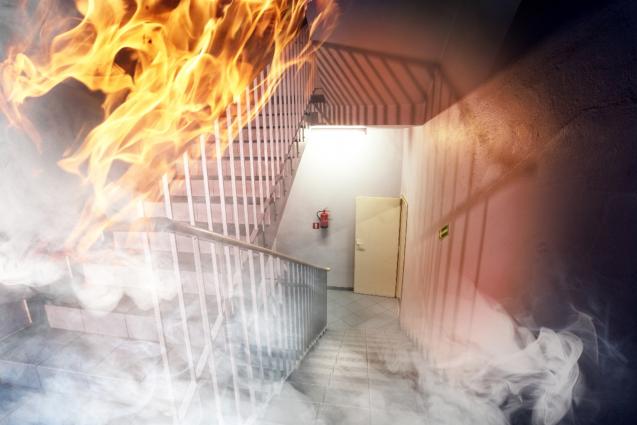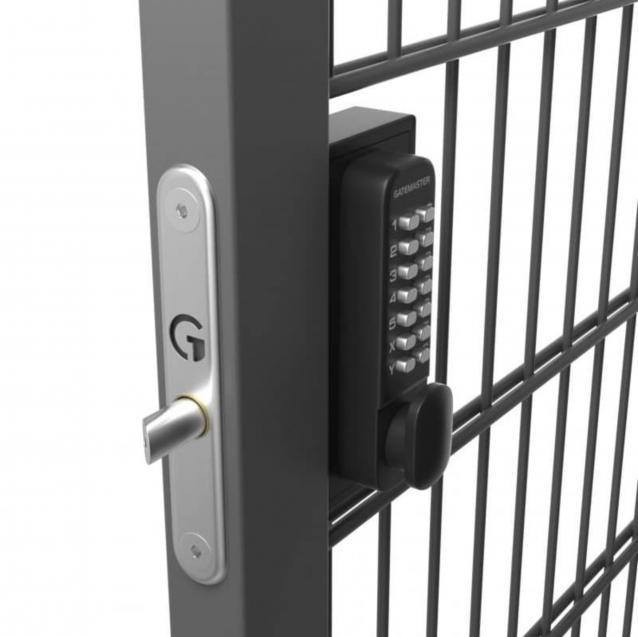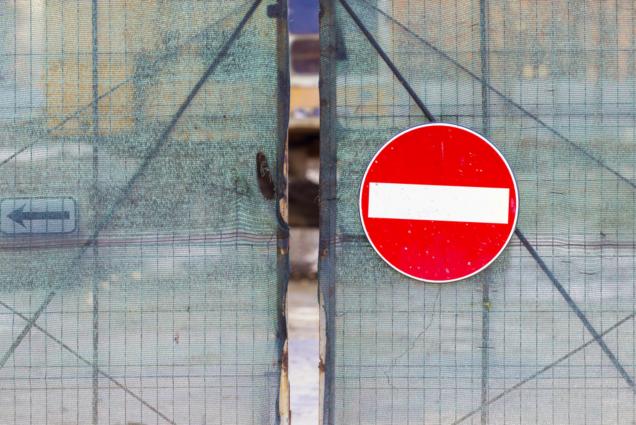
Your Homeone Forum Questions on Temporary Fencing Answered
We’ve picked some of the top queries of Homeone forum users and answered them here!
1. Do fixed site costs usually include temporary fencing?
Many builders choose to include temporary fencing in their site costs, whereas other builders may opt to charge for it separately.
You should talk to your builder about all site costs before any significant work is committed – site costs can be estimated in the early stages, but will only be accurate following the testing and surveying of your site.
Once those tasks are out of the way, you should be able to negotiate with your builder to fix your site costs – including the temporary fencing required for construction.
Most importantly – temporary fencing is a legal requirement, so whether the site cost is fixed or not make sure your builder has included fencing as part of your contract!
2. Can you hire your own temporary fencing instead of the builder doing it to reduce costs?
If you are building with a house and land package, then the builder will most likely include temporary fencing in your project cost. Be sure to read your contract carefully and do your own independent research. Don’t be afraid to question the cost of fence hire if you feel it is unreasonable.
It will vary from builder to builder, but it’s important to ask if you believe it could be cheaper for you to hire the temporary fencing instead of the builder – make sure you negotiate early on before the site costs are fixed in your contract.
Remember – if you choose to hire your own temporary fencing, it will need to meet Australian safety standards and comply with occupational health and safety requirements.
3. How long is temporary fencing up for on your building site?
Temporary fencing is required for the entire period of construction – from before the slab is poured until the day your house is completed and handed over to you.
Depending on the design and build of your home, this could be anywhere from six to 12 months – but the fencing should not be removed until the house is completed, all waste and rubbish is cleared, and the site is safe for the public to access.
4. Why does my building site need temporary fencing?
Temporary fencing is a legal requirement in all states in Australia when conducting any construction.
During excavation on your site, temporary fencing confines any debris.
Once the build begins, the temporary fence will help to protect your property from theft and damage and ensure the public is safe from possible dangers.
It will also help to protect both you and the builder from any liabilities if a person unauthorised to be on the site happens to injure themselves while there.
5. Do I need temporary fencing during the installation of my pool?
We all know that pools require a fence under Australian law – but did you know the pool also needs to be fenced during installation?
Rainwater can accumulate in the bottom of a pool that’s under construction, and if anyone is living at the premises during construction, a temporary pool fence will be needed.
If the house is unoccupied but is in-ground and not self-draining, a temporary fence is still required.
Remember, the type of temporary fencing is also important – standard temporary fencing, construction fencing and crowd control barriers do not comply when it comes to building a pool, so you’ll need temporary pool fencing.
6. How much does it cost typically to hire temporary fencing?
The cost of hiring temporary fencing varies depending on your needs and what each company offers – some rental companies offer delivery, installation and removal, while others don’t. It’s important to look at all options to make sure you’re getting the best out of your rental contract for your needs.
The cost will also depend on the space the fencing needs to cover – most companies charge per lineal meter. There can also be hidden costs in your fencing contract, and it’s important to check if there’s an allowance for damage or missing panels – you don’t want to be left with an unexpected bill!
There may also be extra costs if your project dates are extended due to unforeseen circumstances and you need to hire the fencing for a longer period. You may be able to negotiate a grace period.
When it comes to temporary fencing for your home build, the amount of fencing you will need depends on if there is already permanent or temporary fencing from neighbouring properties, so keep this in mind when you’re measuring your block.



